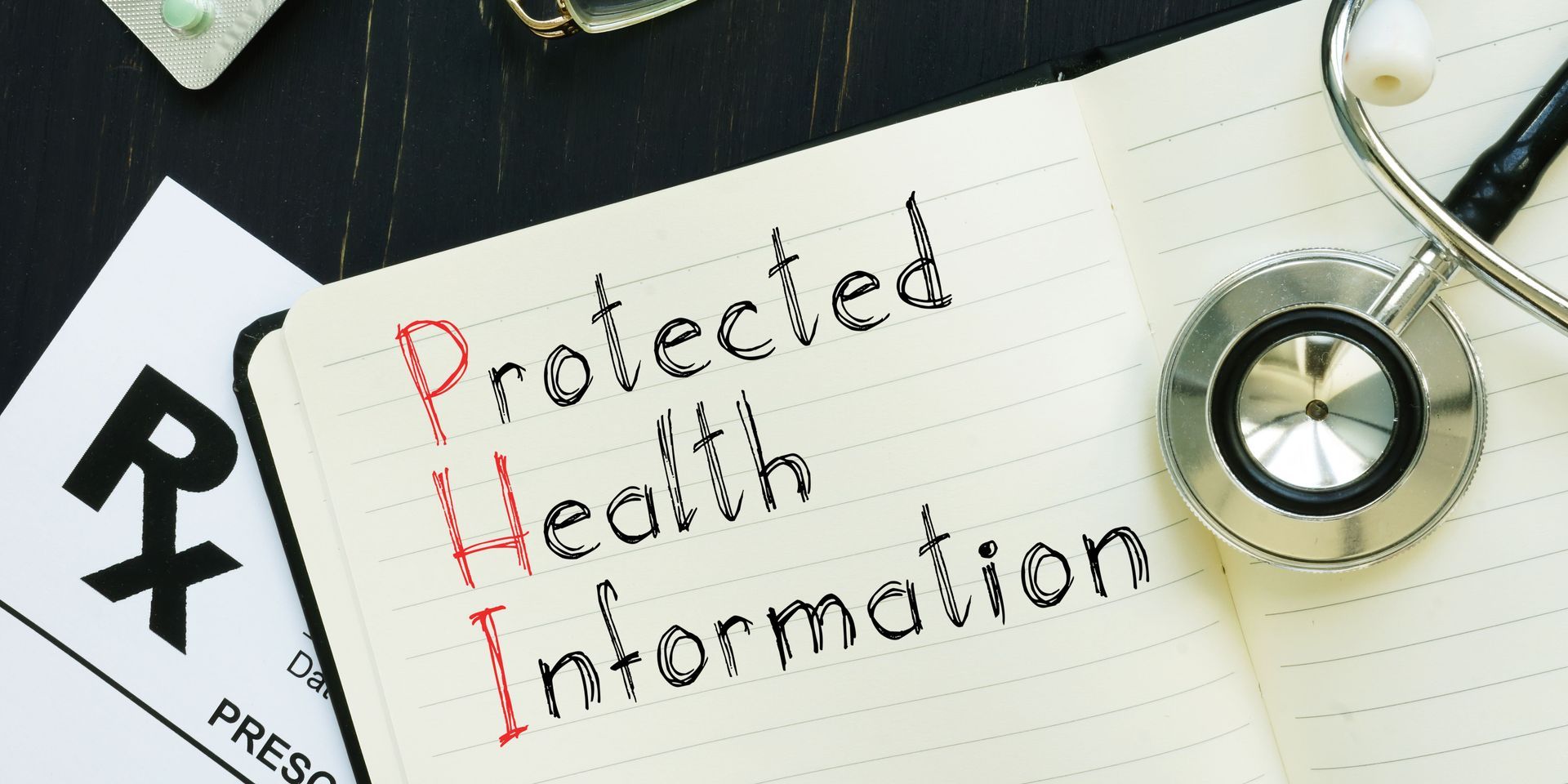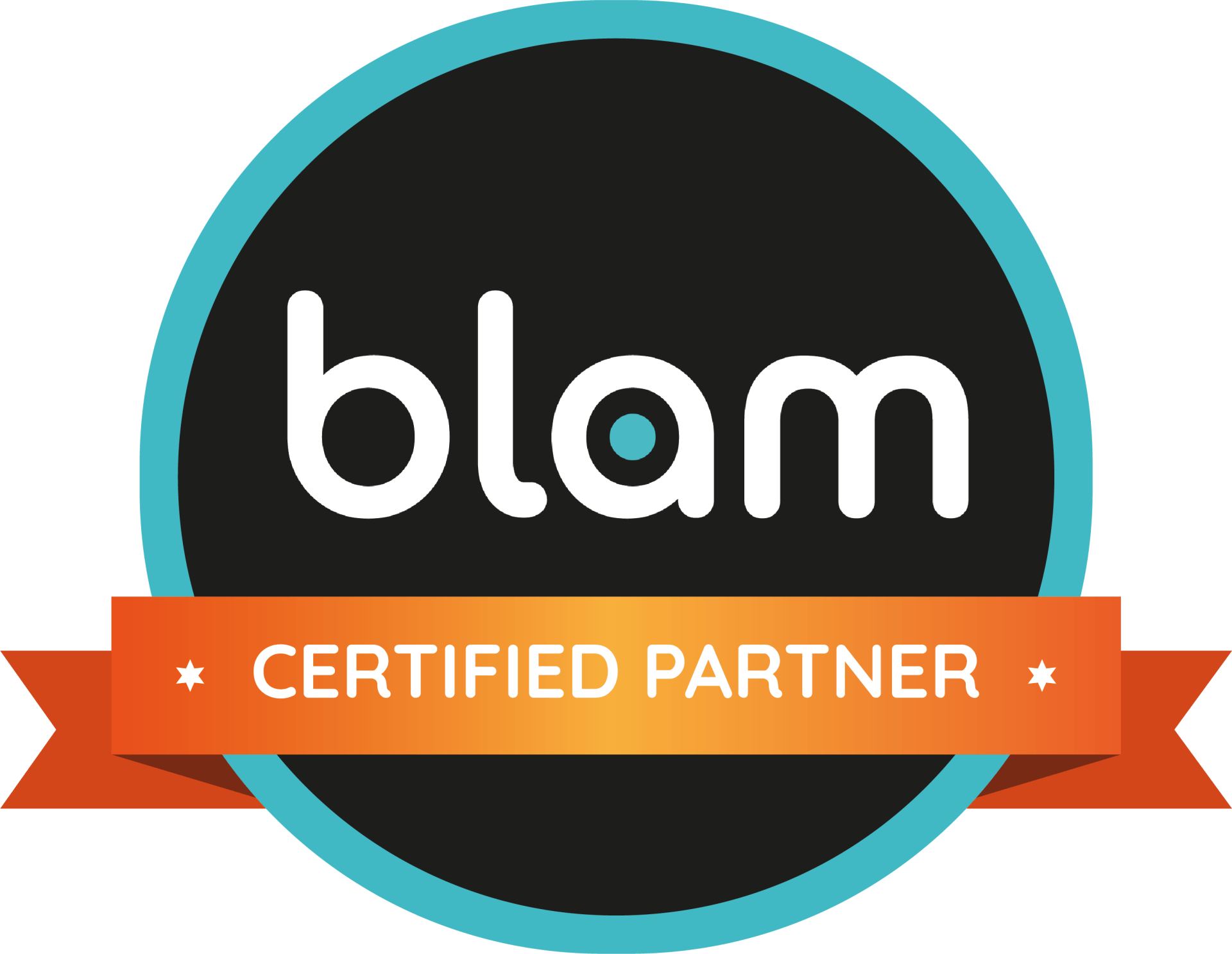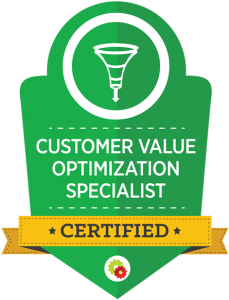The Ultimate Guide to HIPAA-Compliant Healthcare Marketing: Protecting Patient Privacy in a Digital World
Introduction
In today’s fast-paced digital landscape, healthcare marketing has evolved significantly. With it comes exciting opportunities for patient engagement and practice growth. However, the increased use of digital tools also brings greater risks to patient privacy. Now more than ever, healthcare professionals are faced with the challenge of balancing innovative marketing strategies with strict HIPAA (Health Insurance Portability and Accountability Act) regulations, designed to safeguard sensitive patient information.
What does this mean for healthcare providers and marketers? The stakes are higher than ever. Beyond crafting creative, impactful marketing campaigns, you must ensure they adhere to HIPAA’s stringent guidelines. This isn’t just about compliance—it’s about trust.
In this guide, I’ll walk you through the complexities of HIPAA-compliant healthcare marketing and provide practical, actionable steps to remain compliant while maintaining your competitive edge. Together, we’ll explore how you can create powerful marketing that honors your patients’ privacy without sacrificing creativity or effectiveness.
1. Understanding HIPAA and Protected Health Information

Before diving into the specifics of digital marketing, it’s essential to grasp HIPAA’s core principles. HIPAA was enacted in 1996 to safeguard Protected Health Information (PHI)—this includes any data that identifies a patient, such as names, contact details, medical records, or health insurance information.
HIPAA’s goal isn’t just to reduce healthcare fraud but also to set standards for handling sensitive patient data. Healthcare marketers and entrepreneurs need to be vigilant, ensuring no PHI is accidentally shared in emails, social media posts, websites, or ads. A slip-up here could lead to severe penalties—not just for the marketing department, but for your entire organization.
2. Social Media Marketing: Engaging Safely and Creatively

Social media offers an incredible opportunity to connect with your audience. But without proper safeguards, it’s easy to violate HIPAA regulations. Even something as innocent as a patient testimonial or casual interaction can lead to privacy breaches.
Here’s how to stay compliant:
- Avoid Sharing PHI: Never share any identifiable patient information without explicit, written consent.
- Generalize Your Content: Focus on sharing educational resources or general success stories that don’t contain personal details.
- Obtain Consent for Testimonials: Always get written consent from patients before sharing testimonials on social media.
- Create a Social Media Policy: Make sure your team knows what’s acceptable to post and how to engage with patients safely.
3. Email Marketing: The Power of Encryption and Consent

Email remains a powerful marketing tool, but in healthcare, it’s crucial to prioritize the privacy of email communications.
Here’s how to ensure your email marketing is HIPAA-compliant:
- Encrypt Everything: Any email containing PHI must be encrypted to prevent unauthorized access.
- Obtain Consent: Make sure patients give explicit, written consent before receiving promotional emails. Clear opt-in forms are a must.
- De-identify Data: When sending newsletters or updates, remove any personal identifiers.
4. PPC Advertising: Safeguarding Privacy in Paid Campaigns

Pay-per-click (PPC) ads can target healthcare audiences effectively, but HIPAA compliance still applies. Avoid using PHI in ad copy or landing pages.
Best practices for HIPAA-compliant PPC ads:
- No PHI in Ad Copy: Make sure your ads don’t mention patient conditions, diagnoses, or treatments.
- Secure Your Landing Pages: If your ads lead to forms collecting patient information, ensure those forms are encrypted and secure.
5. Websites and SEO: Driving Traffic While Staying Secure

Your website is the digital front door of your practice—it needs to be HIPAA-compliant from day one.
To ensure your website remains secure:
- Use SSL Certificates: Secure all communications, especially when patients are filling out forms.
- HIPAA-Compliant Forms: Any form collecting patient information must be secure, and patients should know how their data will be used.
- SEO Best Practices: Optimize your content without using PHI in metadata, image descriptions, or page titles.
6. Handling Patient Reviews, Testimonials, and Case Studies

Patient reviews are powerful social proof but must be handled with care.
Key tips:
- Get Consent: Always obtain written consent before sharing patient testimonials or case studies.
- De-identify When Possible: If consent isn’t available, use anonymized or generalized success stories.
7. Partnering with Third-Party Vendors: Compliance Matters
If you’re working with external vendors, ensuring their compliance is critical. Here’s what you should do:
- Audit Your Vendors Regularly: Make sure they’re using secure, compliant tools and platforms.
- Sign a BAA: A Business Associate Agreement (BAA) holds vendors accountable for HIPAA compliance.
8. Consequences of Non-Compliance
HIPAA violations come with heavy financial and reputational consequences. In 2022, violations impacted 51.9 million records, leading to over $142 million in penalties. These statistics reinforce the importance of securing patient data at every step of your marketing efforts.
Conclusion
Navigating HIPAA-compliant healthcare marketing might seem daunting, but with the right strategies, it becomes empowering. By integrating secure, patient-centered marketing practices, you can build trust, enhance your brand, and succeed in this highly regulated industry—all while staying ahead of your competition.
Call to Action
Are you finding it difficult to balance effective marketing with HIPAA compliance? We’re here to help. Let’s work together to create a marketing strategy that’s secure, patient-focused, and impactful. Contact us today for a free consultation on building trust with your patients through compliant, creative marketing.
Take the First Step Today!
- Download Our Free 73-Audit: Uncover actionable insights to optimize your digital content strategy.
- Schedule a Consultation: Connect with our experts to discuss tailored solutions for your practice.
About Us

1st Hour empowers healthcare providers and practitioners in independent medical practice seeking to enhance their online presence and reach; we deliver innovative digital marketing solutions to improve patient engagement, amplify brand visibility and unlock sustainable growth in diverse marketplace. We specialize in helping your business goals while advancing health equity and patient care excellence.
Contact Us
- 📞 Call: 774 719 4647
- 📧 Email: Barry@1stHour.online
- 🌐 Visit:
www.1stHour.online
Special Offer:
Download our Free 73-Audit and schedule a Free Consultation.
1st Hour Services:
• AI-powered professional websites.
• Search Engine Optimization (SEO).
• Mobile app development.
• Content creation.
• Brand image and Reputation management.
• Social media management.
Barry Eneh

Barry, a health enthusiast, is the founder of 1st Hour, a Boston-based marketing and technology company established in 2023. 1st Hour is dedicated to helping small and mid-sized businesses in the healthcare, education, and non-profit sectors gain professional credibility and market visibility with their target audiences. Our mission is to connect businesses with key audience groups and those most likely to benefit from their brand promise and expertise.
Experience
- Founding Director of APNO-USA Health Service Group.
- Healthcare leader at VA.
- Over 20 years of experience in healthcare operations and clinical practice at private and public healthcare systems.
Education
- MSC in Integrated Marketing Communications, Franklin University.
- MPH in Public Health Management, Wright State University.
- PhD in Healthcare Administration, Walden University.




